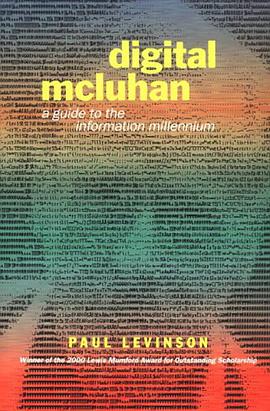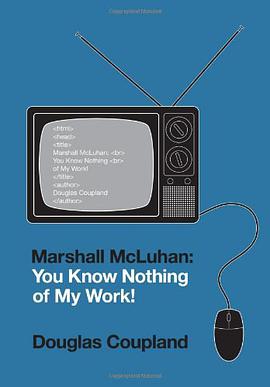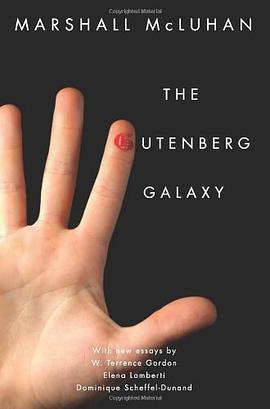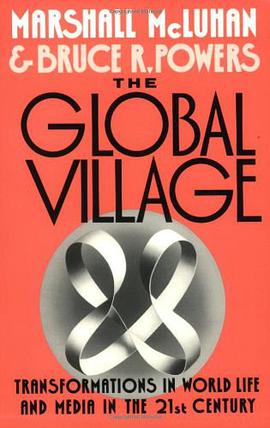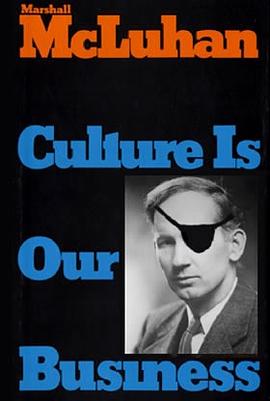Extending the visionary early work of the late Marshall McLuhan, The Global Village , one of his last collaborative efforts, applies that vision to today's worldwide, integrated electronic network.
When McLuhan's groundbreaking Understanding Media was published in 1964, the media as we know it today did not exist. But McLuhan's argument, that the technological extensions of human consciousness were racing ahead of our ability to understand their consequences, has never been more compelling. And if the medium is the message, as McLuhan maintained, then the message is becoming almost impossible to decipher.
In The Global Village , McLuhan and co-author Bruce R. Powers propose a detailed conceptual framework in terms of which the technological advances of the past two decades may be understood. At the heart of their theory is the argument that today's users of technology are caught between two very different ways of perceiving the world. On the one hand there is what they refer to as Visual Space--the linear, quantitative mode of perception that is characteristic of the Western world; on the other hand there is Acoustic Space--the holistic, qualitative reasoning of the East. The medium of print, the authors argue, fosters and preserves the perception of Visual Space; but, like television, the technologies of the data base, the communications satellite, and the global media network are pushing their users towards the more dynamic, "many-centered" orientation of Acoustic Space.
The authors warn, however, that this movement towards Acoustic Space may not go smoothly. Indeed, McLuhan and Powers argue that with the advent of the global village--the result of worldwide communications--these two worldviews "are slamming into each other at the speed of light," asserting that "the key to peace is to understand both these systems simultaneously."
Employing McLuhan's concept of the Tetrad--a device for predicting the changes wrought by new technologies--the authors analyze this collision of viewpoints. Taking no sides, they seek to do today what McLuhan did so successfully twenty-five years ago--to look around the corner of the coming world, and to help us all be prepared for what we will find there.
